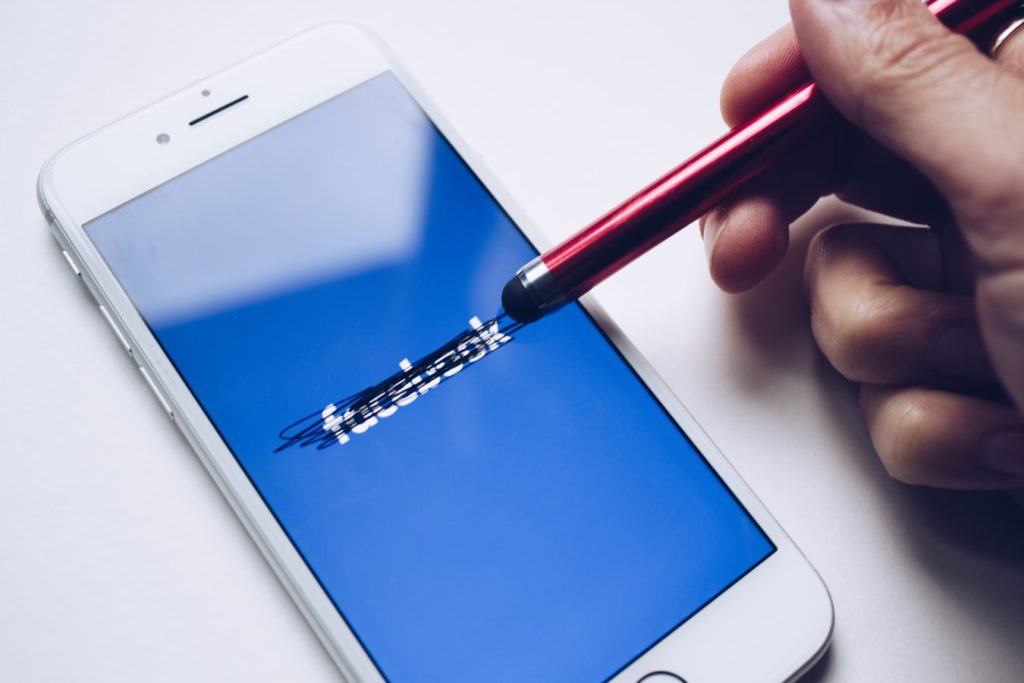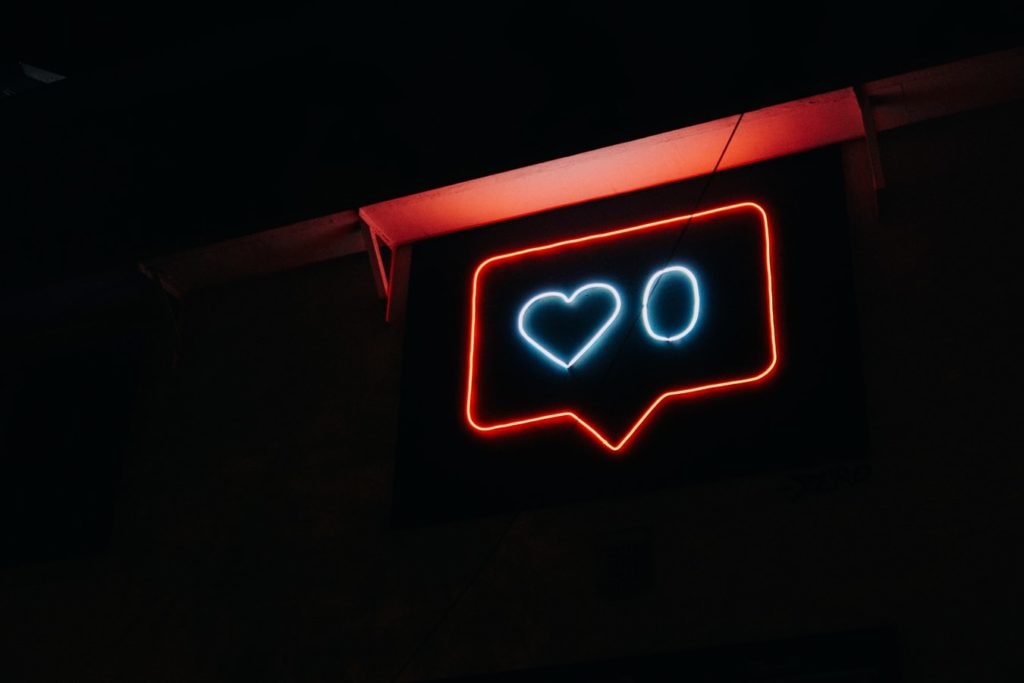Facebook Ads Boycott: What Advertisers Need to Know
July 1st, 2020 by
Key Insights:
- A Facebook Ads boycott is taking shape under the hashtag #StopHateforProfit aimed at forcing action from Facebook regarding its policies on hate speech, political ads, and disinformation.
- While the list of brands pausing Facebook Ads grows, so does the opportunity for smaller or competitor brands to eat up some of the market share, likely at lower costs due to the already high usage rates of social media and apps, as well as decreased competition.
- SMBs and values-driven organizations, especially those already in a fragile state due to the economic impact of COVID-19, will need to take a hard look at opportunity costs.
What do Coca-Cola, Birchbox, Eddie Bauer, The Hershey Company, Verizon, and The North Face have in common? At least this: you won’t see their ads on Facebook in the next month.
In the last week, an advertiser boycott of the highly effective Facebook Ads platform has taken shape under the hashtag #StopHateforProfit, a campaign that picked up steam when civil rights groups backed it in June. So far, full support comes from groups including the Anti-Defamation League, Color of Change, Common Sense Media, Free Press, the NAACP, and Sleeping Giants.
Many believe Facebook has a history of refraining from action against misleading political advertisements, hateful content, and disinformation. They have called for brands to pause advertising on the platform in July to make Facebook feel the heat.
What do these groups want? The call to action for Facebook involves stopping hateful content— in particular, generating ad revenue from offensive content—and a further list of demands. This list includes (but is not limited to) policing Facebook groups over 150 members in size and flagging hateful content for review. Learn more about what is included in this AdWeek article.
The social media giant has weathered other scandals and criticism in the past, most recently the Cambridge Analytica scandal over privacy. Facebook, with its 7 million advertisers, is likely to weather this boycott as well. But some in the industry believe this time is “different” due to the current climate and public sentiment among Americans.
The boycott organizers have called on more advertisers to follow suit. At Search Influence, we’ve had at least one client consider pausing their advertising to take part in this boycott.
How should an advertiser decide if they should take part? Consider these facts:
Facebook Ads Are Still Highly Effective
In the first quarter of the year, thanks to quarantine and economic shutdowns, people spent more time in apps and on social media than ever before. Worldwide, average weekly time spent in apps and games on Android phones grew 20% year-over-year in Q1 2020, and experts expect this to normalize going forward.
For companies who depend on Facebook Ads for the growth of their livelihoods, joining this boycott will be a difficult task. Costs and targeting options available in Facebook Ads are unmatched in the digital advertising industry. The knowledge of their effectiveness for advertisers is evidenced by the fact that many of the advertisers participating in the boycott only committed to pausing their ads for one month, only in the US, and only on Facebook—but not Instagram, which is owned by Facebook and still managed through Facebook Ads platform.
Opportunity Will Be Created by Advertisers Who Pause
At the onset of the COVID-19 pandemic, consumers in quarantine spent more time than ever on social media and in apps, which created more “inventory” for ads to be served. At the same time, advertisers pulled their campaigns due to budget cuts. Less competition drove down costs dramatically. Due to these reduced rates, we saw our clients’ budgets stretch farther than ever and their campaigns experience record engagement rates. Portfolio wide, our clients who continued spending on Facebook Ads saw improved costs across the board for every campaign objective. For conversion-objective campaigns—which we typically use for our clients who need to generate leads or purchases—costs per acquisition were down 32%.
Some industry experts predict this boycott could create similar conditions to the early days of the pandemic. While the list of brands pausing Facebook Ads grows, so does the opportunity for smaller or competitor brands to eat up some of the market share, likely at lower costs due to decreased competition and already high usage rates of social media and apps.
Pausing Digital Ads Can Affect Your Campaigns’ Performance
If you plan to pause and restart your Facebook or other digital advertising campaigns for a boycott (or any other reason), it’s important to understand the opportunity cost created by the downtime. Disrupting your data can send your campaigns back into “learning” mode, and create a setback. It won’t be as simple as turning your campaigns back on and expecting results at the same pace as when you stopped. Platforms like Facebook Ads are designed to nurture campaign improvements the longer a campaign runs because the platform collects more data and optimizes as time goes on. For example, a conversion-objective campaign will gain more conversions as data is collected about what parts of the audience are converting at higher rates than others.
Big Brands Benefit in Publicity
Brands like Starbucks and Ben & Jerry’s may (or may not) take a sizable hit from suspending their Facebook advertising for a month or more, but they certainly benefit from publicity. By joining this cause, they’re being featured in the media and press coverage on the boycott. If we could place a valuation on the earned media as a result, it could certainly make a dent in the share of voice lost from their campaign pauses.
Also of note are companies joining the boycott likely for the goodwill who don’t stand to lose much. The Clorox Company plans to maintain its total advertising budget, but shift it’s spending to other media. Surely a company with soaring stock prices that profited from the global pandemic can afford to risk their advertising results for the rest of the year… but can a small business with less prior experience testing and tuning other advertising platforms afford the risk?
Is Joining the Boycott Right for Your Organization or Business?
While you may feel compelled to take part in a boycott backed by civil rights groups should it align with your values, it’s important to weigh the consequences fully. With many SMBs already in fragile financial states due to COVID-19’s economic impact, now may not be the ideal time to risk losing additional business. Could more jobs be at stake? As an advertiser, you should also consider how this aligns with your target customer. Will you be perceived as insensitive, or “not down for the cause,” if you continue to advertise?
Five factors you should consider:
- What is your opportunity cost of pausing advertising on Facebook?
- How significantly are Facebook, Instagram, and Audience Network ads contributing to your overall performance?
- If you pause, what would it take for you to be comfortable resuming your Facebook Ads, What is the likelihood that those conditions will be met? In the meantime, can you withstand the pause in advertising?
- If you pause, where will you funnel that media spend? What are the results you could expect from those channels?
- As an alternative to boycotting, are there other ways your organization could support civil rights groups?
As a small or medium-sized business or organization, we recommend consulting with your digital advertising team or an expert here at Search Influence to fully evaluate whether joining a boycott of Facebook Ads is the right move for your short and long term growth. Contact us today to learn how you can enhance your online marketing efforts with our recommendations.
Images:



